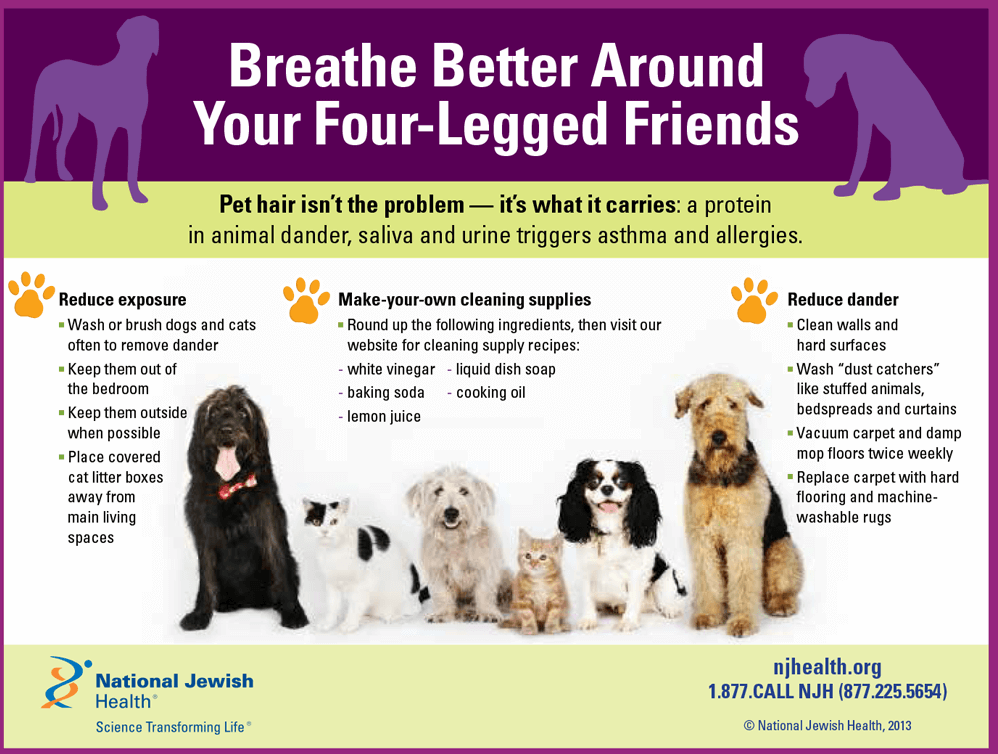What Happens During A Dog Daycare Evaluation
What Happens During A Dog Daycare Evaluation
Blog Article
What Vaccinations Are Required For Pet Dog Day Care?
Whether your canines spend time at childcare or boarding centers, they need to be current on all of their required inoculations. Core injections include Bordetella, rabies and DA2PP, which defend against common conditions that pet dogs are exposed to when in close contact with others.
Non-core injections include canine flu and leptospirosis shots. These are recommended for puppies that mingle with other pets often.
Core Vaccinations
As an important part of preventive care, pet injections aid keep pet dogs secure from contagious conditions transmitted with straight contact or contaminated surface areas. Injections boost the immune system to develop antibodies that fight illness, and the majority of vets think about core pet vaccines to be necessary for all pets.
Rabies
Many reputable canine childcare facilities need that your pet dog depend on date on their rabies vaccination. Inoculations are carried out to puppies as early as 12-16 weeks old, and boosters are required every 3 years or so until their adult years. Rabies is a deadly viral disease that spreads with saliva, commonly from bites. The majority of states need rabies vaccinations for all pet dogs and pet cats, and some even mandate rabies boosters for family pet proprietors.
Distemper/Parvovirus/Adenovirus (DHPP).
This mix vaccine covers canine distemper, parvovirus, hepatitis, and adenovirus, all of which are very contagious. A lot of vet offices offer DHPP injections as one shot or in a collection of 2 to four shots, provided 2-4 weeks apart, complied with by a yearly booster. This vaccination is a requirement for many boarding and doggy day care centers, along with many groomers.
Bordetella/Canine Parainfluenza Vaccine.
Bordetella bronchiseptica, typically referred to as kennel coughing, is a very transmittable respiratory infection triggered by the microorganisms that triggers the condition. Symptoms consist of consistent coughing, sneezing, nasal discharge, and high temperature. Many kennel coughing outbreaks happen in jampacked environments, such as daycare or boarding facilities, and are specifically typical in warmer weather condition. This vaccination is a requirement for the majority of childcare boarding kennels for dogs and boarding facilities, and is typically supplied in a combination with the DHPP vaccination.
Leptospirosis Injection.
This is a microbial condition that spreads out through contaminated water, dirt, and pee. Infection can trigger kidney and liver damage, as well as death, and is transmissible to human beings. The majority of vets will recommend this vaccine, based upon geographical place and way of life of the pet, for canines that hang out outdoors or at boarding facilities, as well as some groomers. This vaccine is generally administered as a collection of 2 to 4 shots, spaced 2-4 weeks apart, with an annual booster required for most pet dogs.
Lyme Condition Injection.
The most common tick-borne condition in the USA, Lyme illness is transmitted by the deer tick and can result in high temperature, joint discomfort, muscle mass soreness, and anorexia nervosa. The Lyme condition injection protects versus one of the most common strains of the infection, consisting of the H3N8 and H3N2 stress. Many veterinary facilities suggest this vaccine, specifically in risky areas, such as the Northeast, upper Midwest, Mid-Atlantic, and along the Pacific shore.
Noncore Vaccines.
Other dog vaccinations, while not needed for all family pets, are recommended based upon the pet dog's lifestyle and geographical area. These include the following:.